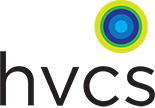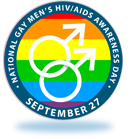Aging: The New Challenge
At the start of the epidemic, people who were diagnosed with HIV/AIDS could expect to live only 1-2 years after that diagnosis. This meant that the issues of aging were not a major focus for people with HIV disease.
But new medications and treatments have changed that. Life expectancy for people with HIV disease has increased dramatically—which means that they now have to face the challenges of aging with HIV/AIDS.
Normal aging is associated with risks for many different conditions, from osteoporosis to heart disease, but having HIV can increase those risks. Some illnesses or conditions which can be worsened by aging and HIV (or treatments for it) include:
- Dementia
- Depression
- Insulin resistance
- High cholesterol and triglycerides
- Infections
- Medication interactions
For more resources on HIV and aging, see The Body’s Aging and HIV/AIDS  .
.
Read a great op-ed piece on HIV and aging on Advocate.com
Living Well and Enjoying Your Life
Living with HIV presents certain challenges, no matter what your age. But older Americans with HIV may face different issues than their younger counterparts, including greater social isolation and the lack of a strong, local support system. Older individuals may also face different stigmas when disclosing their status to partners, family, or friends.
If you are aging with HIV/AIDS, having a support system will help you stay physically and mentally healthier. You can find support systems through your healthcare provider, your local community center or AIDS service organization, or friends and family.
Learn more about National HIV/AIDS and Aging Awareness Day
or read more about HIV risk among older adults.


